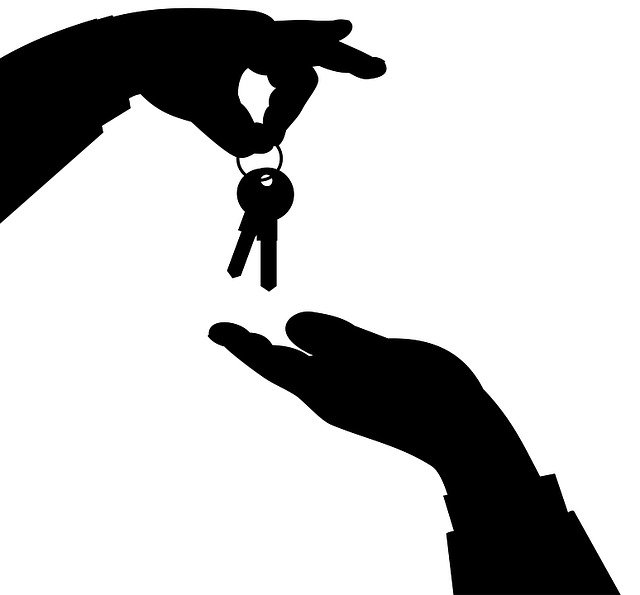How to manage an out of state real estate by yourself

We should begin by clearly understanding the roll (and responsibility) of the property management company with your investment:
- Make the property rent ready.
- Advertise the property.
- Show the property to potential tenants.
- Screen the potential tenants.
- Sign a contract with the desired tenant.
- Collect the deposit, and the monthly rent thereafter.
- Respond to tenant maintenance requests for issues with/in the property.
- Send a professional service provider to fix the relevant issues.
- Inspect the property after the tenant leaves.
And start this cycle all over again.
Now, how much such service should cost you?
- Monthly payment of 8%-10% of the gross rent income.
- 50%-100% of the first rent check.
- 25%-50% of the lease renewals.
- In some cases – repairs and turnover will cost more if the management company adds its commission to the cost.
These amounts can get up to 15% from the gross income in a good year, and even 20% or more in a bad year. If you calculate the amount from the COC aspect it can get up to 40% of your net income.
The only way you can save that 40% is if you live rather close to the property, and manage it yourself… For most out of state investors this is not relevant of course, and not possible.
How can you cut at least half of the cost?
These are some steps that you can take, but the most important – be efficient and organized, so you can be on top of any issue that may come up, avoid unnecessary costs and keep payment schedules on track.
- Centralize your investments as much as you can. Invest in one area. It will help you to know the area better and the people you need to create relationships with accordingly.
- Boots on the ground – perhaps the most important element of remote-management of your properties. Without reliable guys in that area, managing the properties will be hard and frustrating, almost impossible.
- Realtor: you will need to develop a solid relationship with a good realtor that knows how to work with rental properties. The realtor’s roll is to take pictures before and after the tenant gets in and out, approve the property is rent-ready and let you know what the property condition is.
- Handyman – a good handyman is a blessing, you need to find one that you can trust, that can be sent to do small repairs during the year, make the property rent-ready after a tenant moves out, and also refer you to reliable professionals for bigger repairs that he cannot perform (HVAC/roof etc’).
- Yelp – Yes, Yelp is a very important tool for finding good and reliable professionals. Make sure you let them know you are calling them after you’ve found them on Yelp; it will motivate them to provide you with good service and the needed attention (they care for the good/bad Yelp review that may follow…).
Treat these service providers as your partners. Don’t forget them on holidays and other big occasions. You may not use them often (if at all) in a good year, but in a bad year you may need them, allot. Nurturing such relationships is acute, and these micro-partnerships will prove very valuable when you need to resolve a property issue fast, reliably, and in a good/low cost.
- Contract – signing the tenant on a good contract is a must. Each state has different rules and regulations, and you will need to get your hands on good lease agreement. Make sure to enforce any possible condition in the contract, such as late fees, repair responsibilities, smoking, pet damages, and more.
- Setup relevant protocols for you and your tenant. For example:
For your tenant:
- How to contact you.
- How to open a ticket for a repair in the property.
- How to pay rent.
- How to report on any new/other issues.
For you:
- How to respond to a tenant request for a maintenance issue.
- Who do I call for each type of issue.
- Software – find a good management software to:
- Collect rent.
- Send reminders on late payment.
- Open tickets on issues on the property.
- Send lease renewals proposition.
- Networking – it is very important to network with other investors, wholesalers, realtors and other local professionals. You never know when you’ll need another opinion or advice on an issue you have not experienced yet.
A few restrictions with this method:
- Start managing yourself when you have more than 2 properties. It will be hard to make people commit to you when you have 1 or two properties and you rarely use their services.
- It is hard to do it on class C- properties. It will be more effective on classes A, B and B-, but class C- requires hands-on on the rent payment, late fees, evictions, high turnovers and high maintenance.
Real estate is hardly a passive income, even with a property management in place. This is something to consider if you are looking to manage your property yourself. Yes – you will cut some costs, and have more control over spending, but it does consume time and effort, and requires attention.




Responses